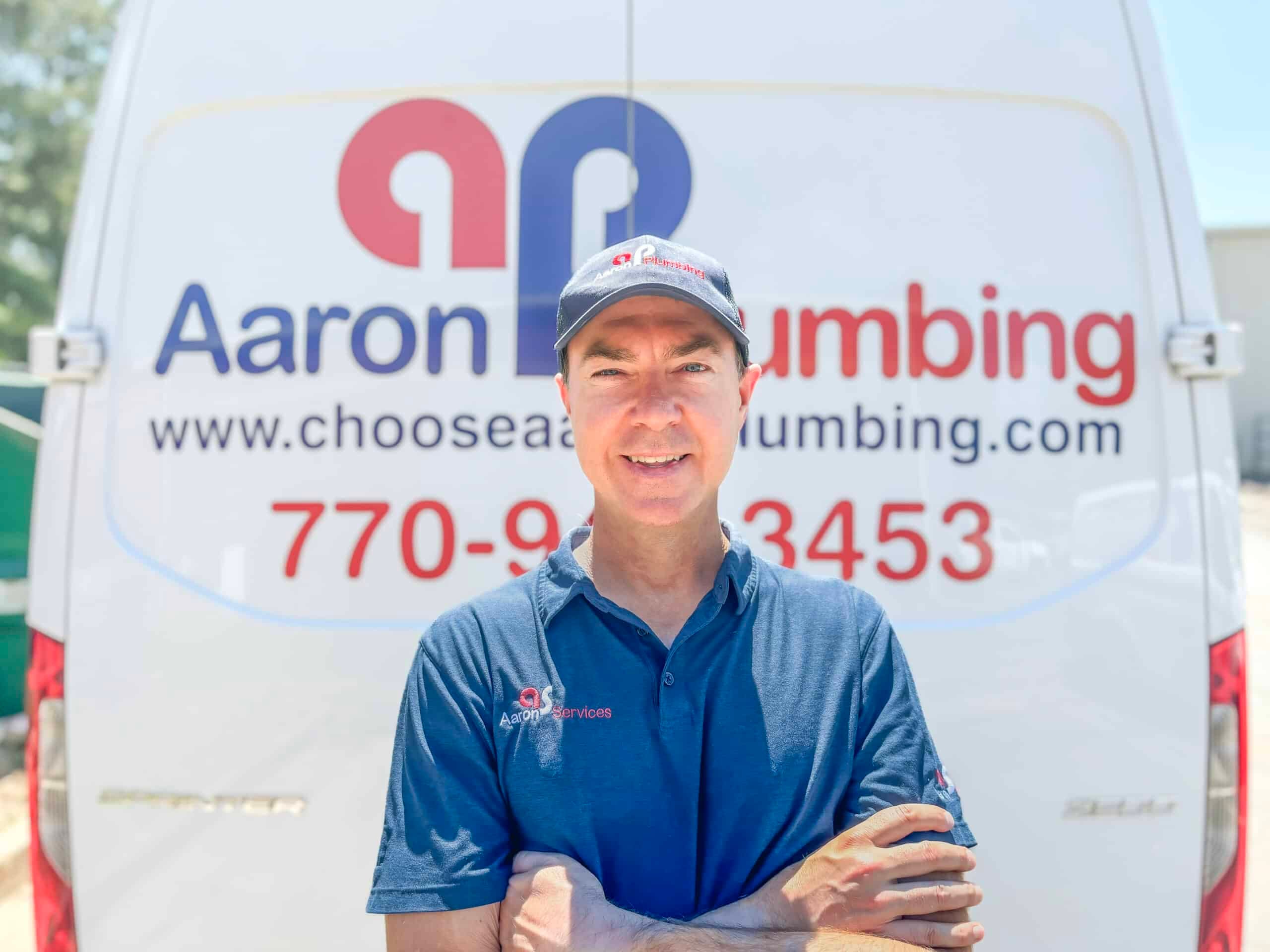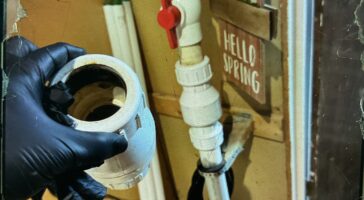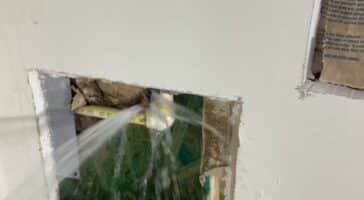If you’ve ever wondered how to become a plumber in Georgia (or anywhere in the U.S.), you’re not alone. Skilled trades like plumbing are in higher demand than ever, and many people are looking for stable careers with good pay and growth potential. Plumbers don’t just fix leaks—they install systems that keep homes and businesses running, making them an essential part of every community.
In this article, we’ll walk you through the exact steps to becoming a plumber, from enrolling in training programs to earning your license. You’ll learn how long it takes, what costs to expect, and the best ways to gain hands-on experience through apprenticeships. Whether you’re starting from scratch or considering a mid-life career switch, this roadmap will give you a clear, actionable plan to begin your plumbing career.
1. Understand What Plumbers Do
Plumbers are more than just “pipe fixers.” They design, install, and maintain the systems that bring clean water into homes and safely carry waste away. They also work with gas lines, water heaters, and advanced systems in commercial buildings. If you’re considering plumbing as a career, it’s important to know that it’s a skilled trade requiring technical knowledge, physical stamina, and problem-solving skills.
2. Meet the Basic Requirements
In most states, you’ll need to meet a few baseline requirements before starting an apprenticeship. Typically, that means:
- Being at least 18 years old
- Having a high school diploma or GED
- Passing a background check
- Having a valid driver’s license (important for traveling to job sites)
If you live in Georgia, these requirements are standard, though each state may vary slightly.
3. Enroll in a Training Program or Apprenticeship
The most common path to becoming a plumber is through an apprenticeship program. Apprenticeships allow you to learn directly under licensed plumbers while earning a paycheck. Some programs are run by trade unions, while others are offered through local plumbing companies or technical schools.
An apprenticeship typically lasts 3–5 years, during which you’ll learn everything from reading blueprints to handling advanced plumbing systems. The good news? Most apprenticeships combine classroom instruction with hands-on work, giving you real experience right away.
4. Gain Hands-On Experience
While classroom training is important, nothing compares to working in the field. Apprentices spend thousands of hours on job sites, learning how to install fixtures, repair leaks, troubleshoot emergencies, and handle specialized tools. By the time you finish, you’ll have the confidence and skills to tackle jobs on your own.
This phase is also where you begin to understand customer service—an underrated but critical skill for any successful plumber.
5. Get Licensed
After completing your apprenticeship, the next step is to become a licensed plumber. In Georgia, for example, you’ll need at least 3 years of experience as a journeyman before applying for your license. This involves passing an exam that covers building codes, plumbing systems, and safety regulations.
Once licensed, you can work independently, take on bigger projects, and even start your own plumbing business.
6. Build Your Career (and Keep Learning)

Plumbing is not just a job—it’s a career path with long-term stability and growth. Some plumbers go on to become master plumbers, contractors, or business owners. Others specialize in niche fields like commercial systems, medical gas piping, or green plumbing technologies.
With an ongoing shortage of skilled tradespeople across the U.S., plumbers are well-positioned for steady demand and strong earning potential.
Start Your Career with Aaron Plumbing
At Aaron Plumbing, we’re proud to support new talent entering the plumbing field. We offer plumbing apprentice jobs that include one-on-one mentorship, supportive training, and a clear path toward licensure. If you’re passionate about problem-solving, eager to learn, and ready for a job with purpose, we’d love to hear from you.
Whether you’re just starting out or making a career change, there’s a place for you on our team.
Apply now and begin your journey in one of Georgia’s most trusted plumbing companies.
Frequently Asked Questions About How to Become a Plumber
Do I need experience to become a plumbing apprentice?
No. Apprentice positions are designed for beginners. A good work ethic and willingness to learn are your most important qualifications. Any basic skills are a plus. If you can demonstrate that you’ve been exposed to manual labor in the past, that you’re open to working outside or in the field, that can help. Already having a few of the basic plumbing hand tools is also helpful, as it demonstrates a commitment to the career and makes you more useful on the jobsite.
How long does it take to become a licensed plumber?
In Georgia, you’re eligible to take the journeyman license exam after three years of plumbing experience. Timelines vary in other states.
Can I get into plumbing after serving in the military?
Yes, and there are programs specifically designed to help veterans transition into skilled trades like plumbing.
Is plumbing a good long-term career?
Absolutely. Plumbing offers job security, solid pay, and long-term growth opportunities. It’s a career that’s always in demand. Because many plumbing apprenticeships don’t require higher education courses, you can start a career without accumulating school loan debt.












